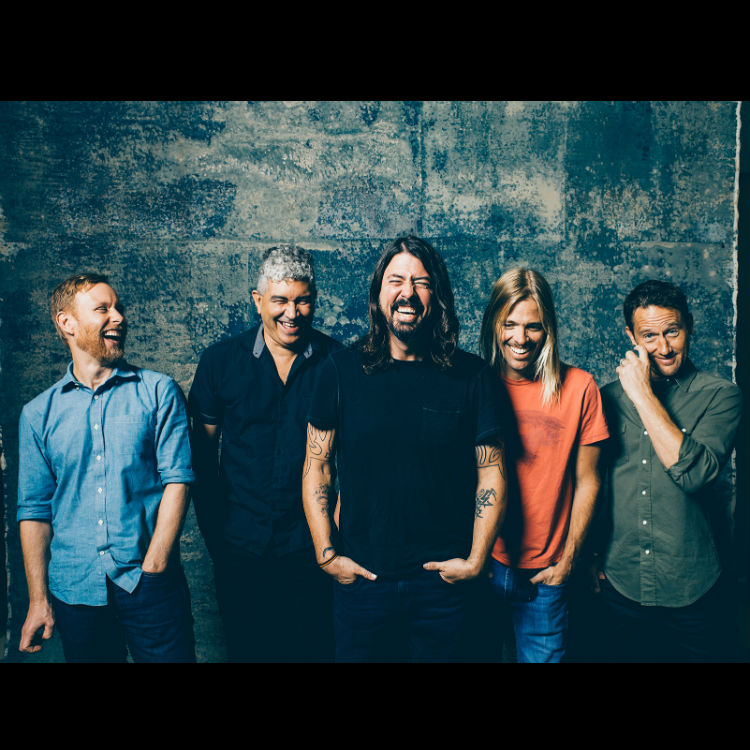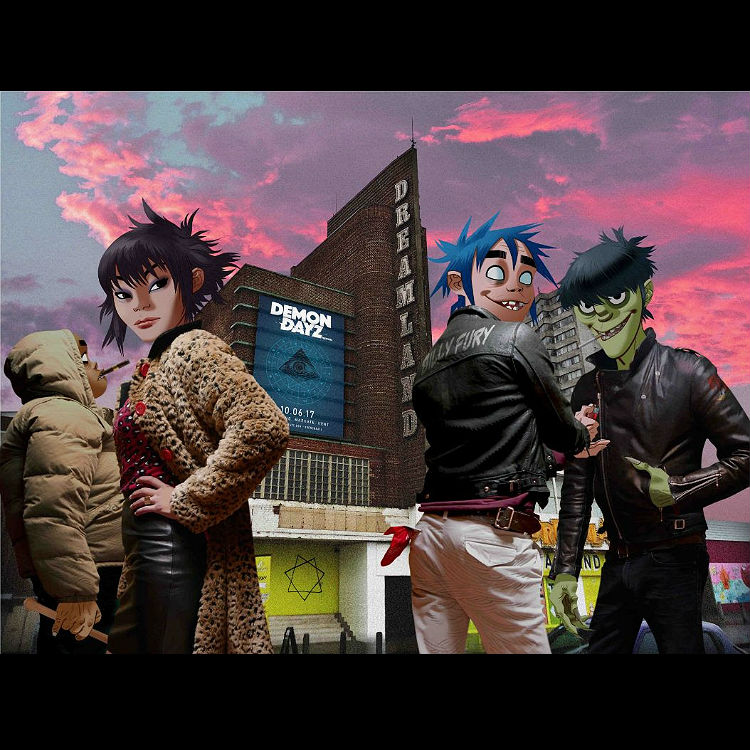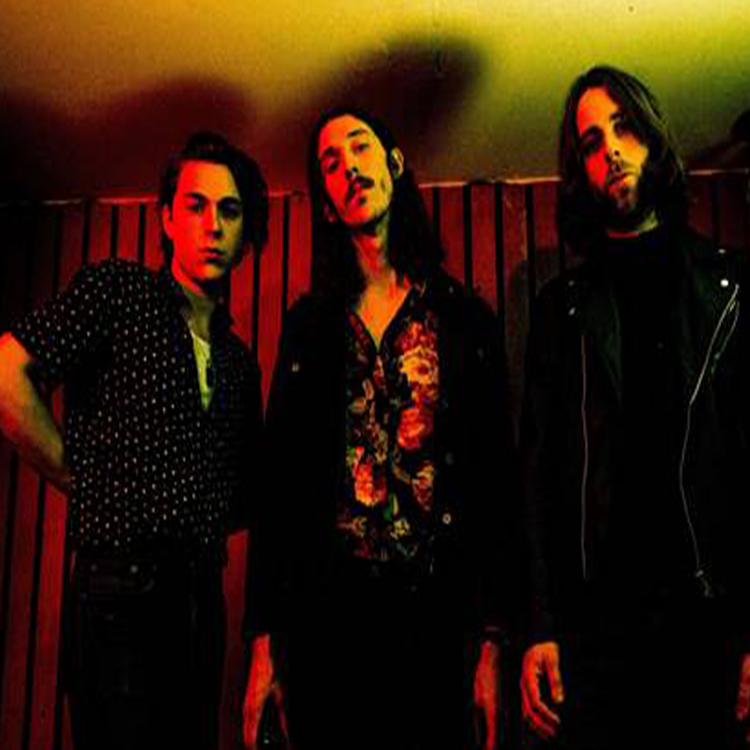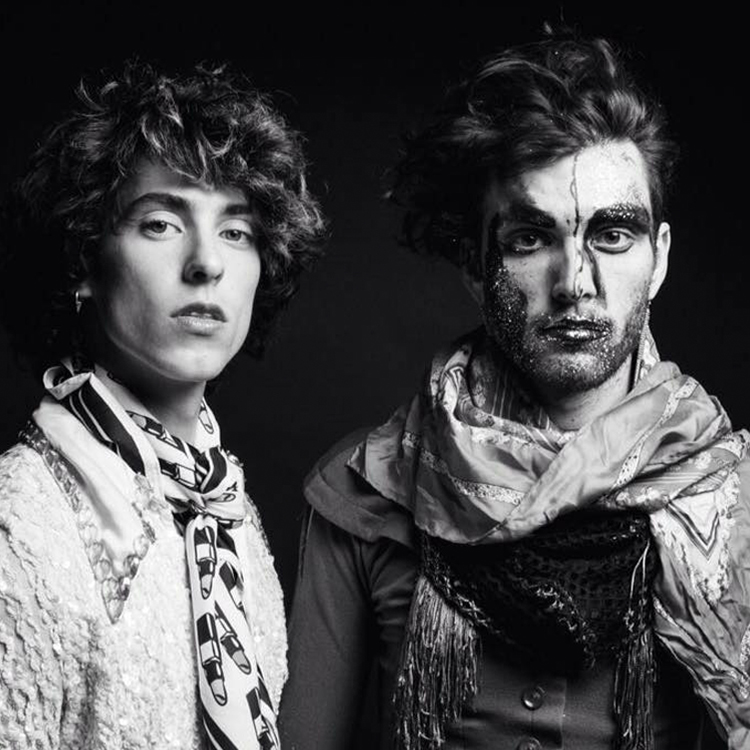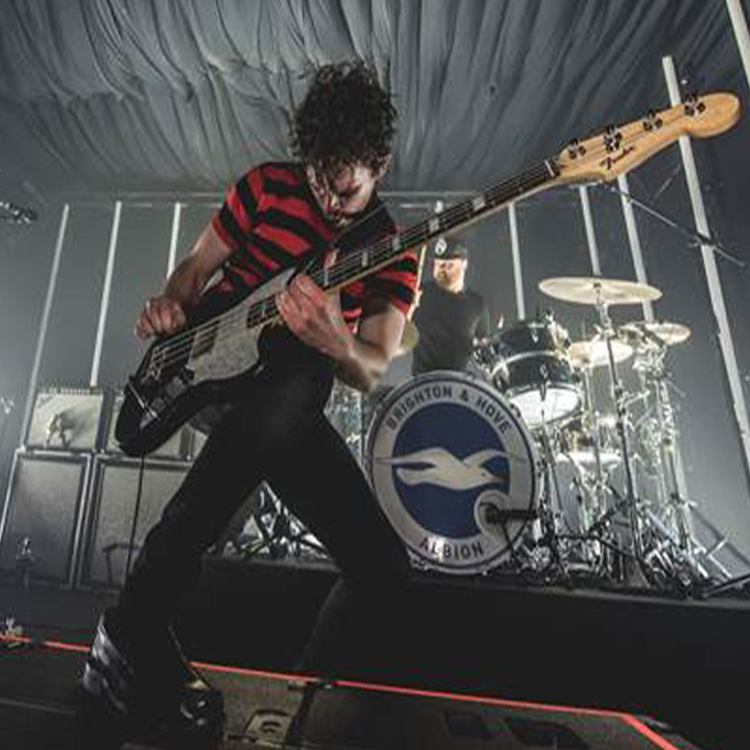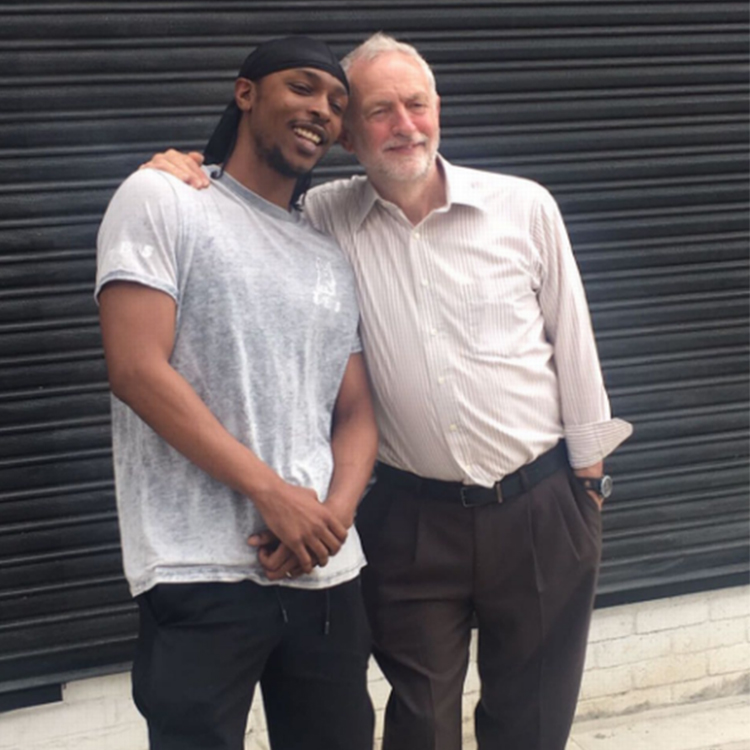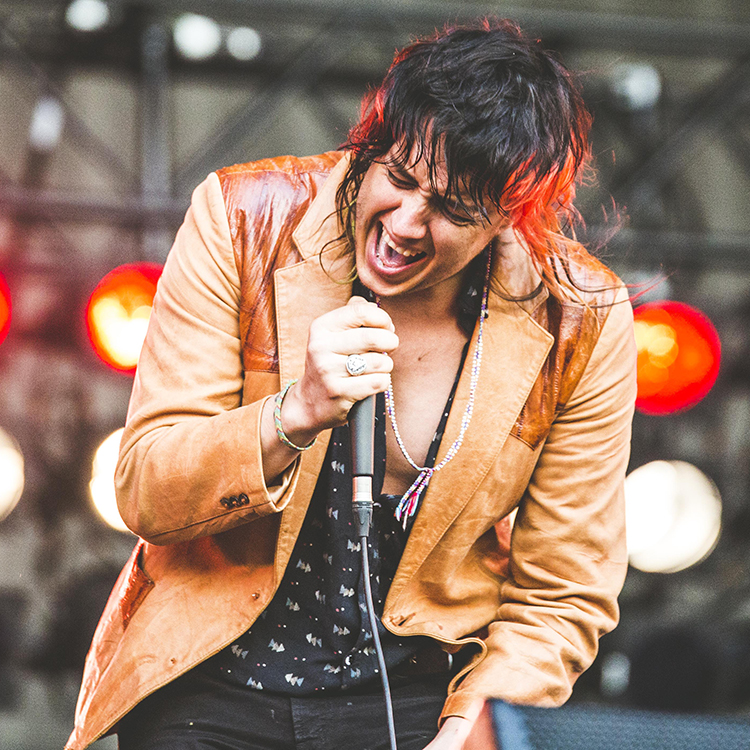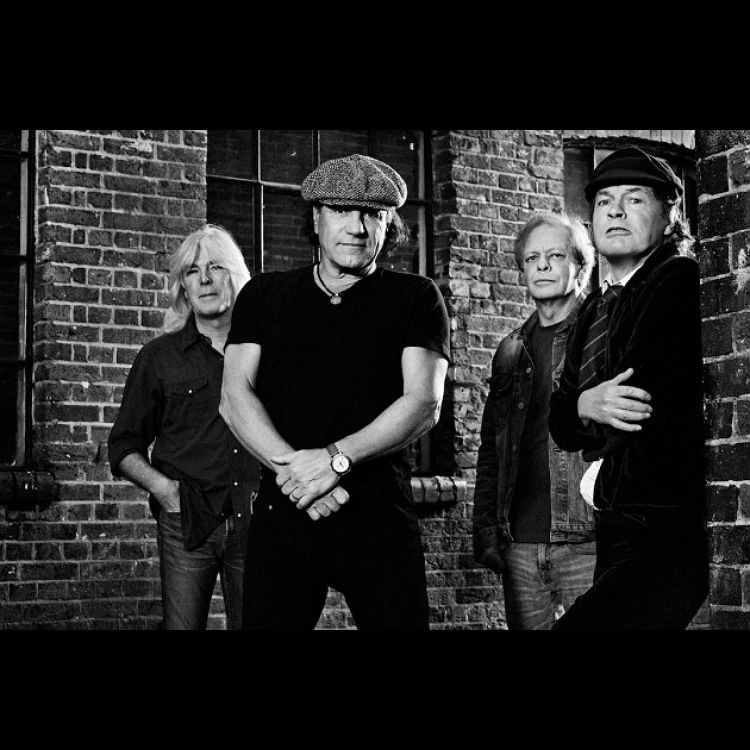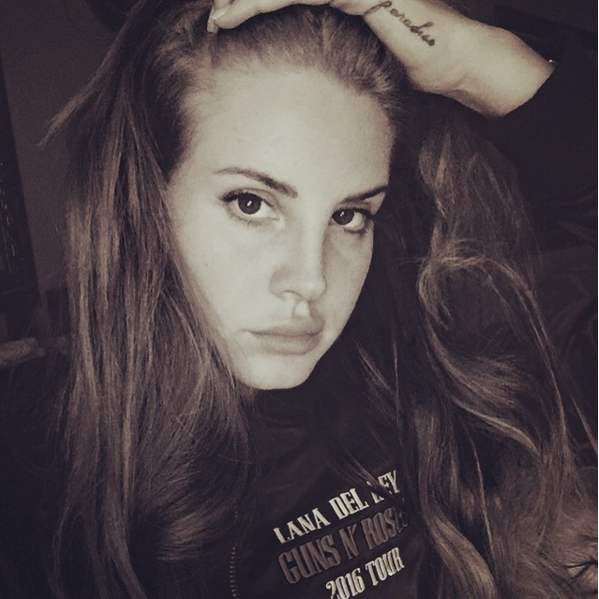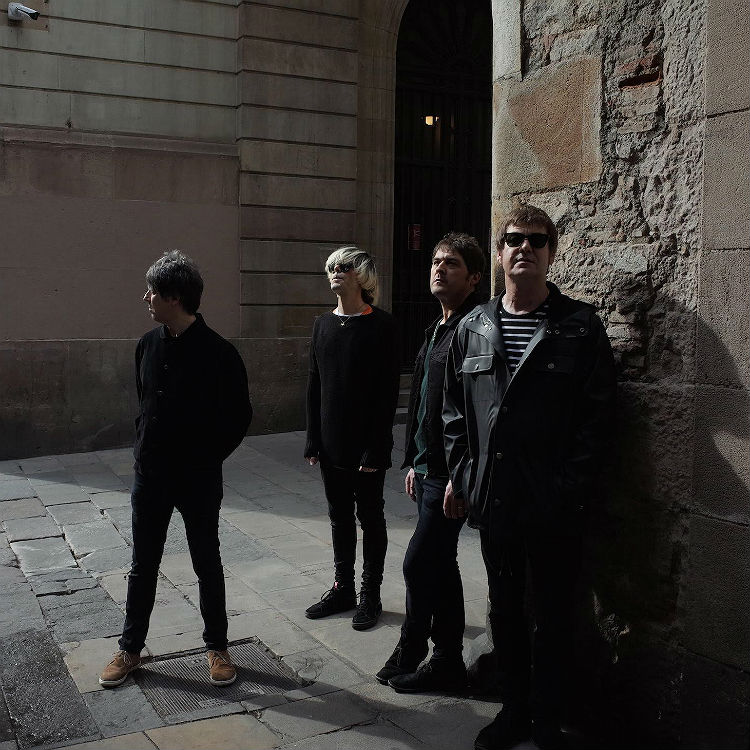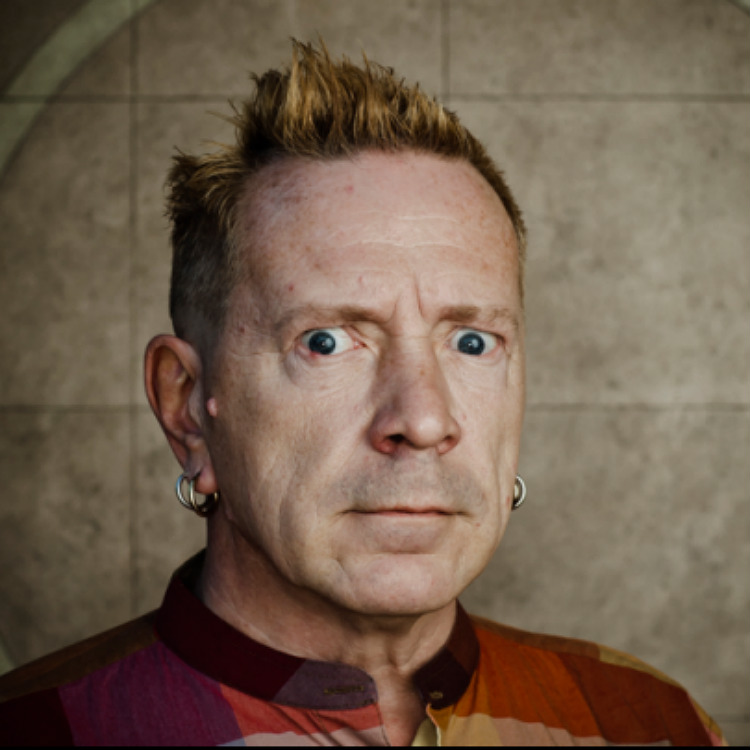 Photo: Press
Photo: Press
It's now just over 40 years since John Lydon - then known as Johnny Rotten - first burst into the nation's consciousness via a notorious and expletive-filled interview with The Sex Pistols on ITV's 'Today' show. Though Lydon swore twice on the show - once mumbled and once when goaded by presenter Bill Grundy - it was the Pistols' guitarist who dropped F-bombs like a Lancaster bomber delivering its payload on Nazi Germany. Yet somewhere along the way, the truth became myth and it was Lydon who became the nation's bogeyman.
And it seems to a wider audience that John Lydon will forever be associated with the Sex Pistols despite a track record that shows that his best work came after the punk legends imploded on a San Francisco stage in January 1978. This isn't to dismiss the seismic blast caused by the Sex Pistols but in forming Public Image Ltd(PiL), Lydon threw off the shackles of blues-based rock'n'roll to begin exploring the true potential of what punk rock offered. Here, bassist Jah Wobble's dub-inspired bass collided with the sonic experimentation of German pioneers such as Can while Keith Levene's inventive guitar work gave the instrument a renewed sense of purpose.
At the heart of it was John Lydon, a vocalist whose ethereal wail and barely contained rage at corrupt institutions ('Religion') and the manipulation suffered during his tenure in the Pistols ('Public Image') drove the band on. Their second album, 'Metal Box', was so forward thinking that even 37 years after its release it's still daring bands to challenge it.
Not only that, Lydon also found himself participating in other musical revolutions. His work with the genre-defining DJ and producer Afrika Bambaataa on the 1984 single 'World Destruction' under the Time Zone banner found Lydon diving into the nascent hip-hop genre. Nine years later he worked on Leftfield's breakthrough single, 'Open Up', a genuinely groundbreaking and significant pop moment that gatecrashed its way into the UK's charts and dancefloors.
Following a 17-year hiatus,PiL were re-activated by Lydon with a new line-up in 2009. Since reforming, the band have released two strong albums in the form of This Is PiL and What The World Needs Now…, and are about to start work on a new record. But before all of that happens, Lydon is publishing a limited edition collection of his lyrics and artwork in a book entitled Mr Rotten's Songbook.
Speaking to Gigwise from his Los Angeles home, Lydon looks back at his past, his journey as a lyricist and what the future has to offer…
What kind of freedom did writing the lyrics for a band offer a working class boy from Finsbury Park?
JL: I’d always wanted to be a writer. I love reading and I love writing and I love the shape and the tone and the expression of words and definitely the message they carry. But the opportunity to put that to music – which the beginnings of the Sex Pistols was for me – was overwhelming at first and then underwhelming years later! But I enjoyed every second of it. It was brilliant; it opened my mind and it opened my eyes and I’ve written songs ever since. I’ve loved every step of it.
Was it something you’d attempted before the Pistols?
It was something that I’d never tried before because I’d spent my entire childhood trying to avoid the choir, because that meant being accessed by the priests. I never made any effort whatsoever to sing until the ‘I Hate Pink Floyd’ t-shirt came upon my body and that changed everything. Just two words – ‘I’ and ‘hate’ – that launched a career that sunk a thousand dreams!
The Sex Pistols were clearly very different people from each other but that volatile chemistry worked. Do you think you’d have come up with the lyrics that you did if you’d played with anyone else at that point?
I don’t think there’d have been an option. That’s the luck of the draw. You’ve got to be prepared and arm yourself and expect the unexpected so when you come across it you can immediately act upon it.
I didn’t know how to write a song but I had to learn very quickly. And it wasn’t just the lyrics; I had to learn how to sing and find my voice very quickly. It was hell; pure hell, and I had to get over my own embarrassment. But I’m lucky because it wasn’t until I was about halfway through the band when I actually heard myself because we finally had monitors. And then came the horror! And I then unleashed that on the general public and had to find myself a second time over.
But it was painful [to learn to sing] and a horrible, horrible thing. Whenever I watch X Factor or any of those things, I love the auditions because they’re all so awful. I understand that they’ll get somewhere eventually but you’ve got to help them, not laugh at them. Because what indeed is “singing”? What is “in tune”? Who wrote those rules?
But I’ve never felt comfortable as a singer or a lyricist. Never! Never, never, never! To this present day I still panic like fuck before I go onstage. But once I’m onstage it’s different – you leave your ego in the dressing room. You unravel and practically stand there bollock naked, exposing yourself to the world. It’s sink or swim time and I like that.
Many of the songs that I’ve written that are in this book are deeply sad. Things like ‘Death Disco’ which deals with the death of my mum. It’s still a song that I perform live but I shapeshift it because it now has to accommodate the death of my father too. When those emotions hit me onstage – and they do every time I do it - that’s powerfully overwhelming. But it is reality and it has to be dealt with.
What I find particularly interesting about your lyrics is that, even when they’re at their most acerbic – and I’m thinking here of ‘Bodies’ and ‘Holidays In The Sun’ – they’re still rooted in compassion.
Yes! Empathy! Empathy! That’s the thing. I always put myself in the position of [the character]. And so a song like ‘Bodies’ is about choice and no woman makes that choice easily. No woman! I’ve had incidents of that in my own life and it’s an exact reflection of those times and those situations.
All my songs are and that’s why I see myself as a folk singer more than anything else. I’m more comfortable knowing that because I sing songs about my folk. It’s certainly not jazz, is it? But that’s my nature. It’s an anger but an anger that’s turned into an energy. There it is and that’s who I am. You have to tell the truth; you only get one opportunity with this life and you’d better be bloody accurate with it.
Are you the kind of person who’d be standing on a street corner screaming at traffic if you couldn’t do this?
No, I think I’d be selling drugs and be very successful at it and never get caught. Unfortunately, I did get caught and that was in the Sex Pistols!
How did it feel then – and how does it feel now – to have been discussed in the Houses of Parliament under the Traitors and Treason Act?
I learned very quickly that weapons are my words and that they do mean something and they do have an effect. And they’re a very vital part of pop music. You can turn heads with intelligent thoughts. But how did I deal with it? I was a very independent young chap and I had to be because of my illness as a child. I learned to stand up and find out who and what I am. Being seriously ill as a child and nearly dying was one of the greatest things that ever happened to me. I guess I’m lucky that way!
I didn’t wallow on it or revel in self-pity. If these are the cards you’ve been dealt, then endure! It’s a matter of patience and, as I’ve found out, I have more patience than a hospital!
Going back to those days, who were the lyricists who inspired you then and does their work hold up with the passing of time?
I always loved Ray Davies of The Kinks. Those songs are just do damned intelligent and those lyrics stand up as poetry on their own. But I’ve also got to say, not Bob Dylan because that song ‘Blowing In The Wind’ always sounded like it was about farting. And I love ‘Gone Blue’ by Edgar Broughton Band which has a killer line in it:
A lot of what I love lyrically is drawn from British comedy, like ‘Steptoe And Son’ and the ‘Carry On’s and all of that. They were a terrific influence because watching those films I found myself (after suffering from meningitis) and my memory started coming back. Norman Wisdom had an incredibly positive effect on me. He did this incredible comedy but there was a sadness to it; real pathos. And ‘Steptoe And Son’ is probably the greatest thing I’ve seen. Two people arguing in a room full of trash – how could you get bored because the dialogue was so intense? And it’s handled so wonderfully because they endured. They endured each other. There’s a lesson to be learnt from that. You know, how to survive a situation; to let it run its course and not to run away.
How did Pubic Image Ltd change your approach to lyric writing? There’s also a shift in the way you wrote the lyrics between the first album and Metal Box.
I went from attacking institutions like religion, which is my natural-born enemy, and I thought, well, I can’t keep on at that forever. There was a difficult period when I shape shifted and I started to analyse myself internally, and from that day on, that really was the awakening of me. I discovered that by exploring my own emotions and feelings and attitude towards things, I learnt more.
I learnt that I could possibly be wrong – although there’s no evidence of that! It makes for a better life journey. Rather than pointing my finger at things, I look for answers. And it’s a quest that’s going fine. It’s kept me going to 61-years-young! I’m barely a whippersnapper in my terms. I don’t run out of steam because I keep focussed. I want to make myself a better person and this is as good a plan as any.
You’ve worked with artists outside of the areas that your best known for such Time Zone with Afrika Bambaataa on ‘World Destruction’ and ‘Open Up’ with Leftfield. How did that affect your lyric writing? Do you view it as an opportunity or a challenge?
I was living in New York at the time. Time Zone was great fun because I knew Afrika Bambaataa from his DJ days when he used to mix things like AC/DC with Parliament/Funkadelic, and that was a really clever thing to do and it opened up that music to a whole new black audience as well as white kids. That was thrilling and the opportunity to go into the studio with him was fun, fun, fun. There was no such thing as rap then; it was basically toasting it.
The lyrics were mostly Bambaataa’s on ‘World Destruction’ – and praise to him an’ all because they were bloody good lyrics – and they’re most appropriate now if you think of the world. But I put the chorus in – that was my major contribution.
With Leftfield, I’d known Neil Barnes for a bit. He has the same occupation I did before the Pistols, and that was child minding. Before the Pistols, I had to look after kids while they waited for their parents to come home from work. And that included the so-called “problem” kids but they weren’t problems; it turned out they were neglected and a chap like me really loved a job like that. It was the perfect set-up for the Pistols! It was good training for that band! It’s funny how things land…
But as for being involved with these different, you have to realise that I love music and all different kinds. If I see an opportunity then I go for it but I don’t make daft moves either. I do weigh up the world around me and you have to be prepared for anything at any moment. The minute you let your guard down someone tries to knife you in the back or run off with your money.
Is there anyone you’d like to work with now?
No, just my band, PiL, who I really, really appreciate and love and adore. It’s fantastic for me because as soon as we got off the major labels we found a commonality and a friendship inside ourselves. We found that we weren’t being manipulated by record company accountants. We’ve made two albums together and we’re just about to go into the studio and make a third.
That kind of camaraderie is what I’ve missed all my life. That’s what I’ve always wanted PiL to be and I knew that it was never going to happen with the Pistols. I’ve finally found that and it’s a very rich vein in the mind that we’re exploring. We’re much more open with each other and that friendliness and camaraderie really helps the song progress. It’s a whole different way of exploring rather than facing adversity every day.
Having seen PiL in action since you re-activated the band, it’s evident that that’s where your musical heart really lies. Are you at the point where you’ve achieved everything you wanted from PiL?
Yes, because I’m exploring my heart and my soul and that’s the most important work that I can do. I’ve said this before but I view the Sex Pistols as my mind and my body but my heart and soul is PiL. And now that I’ve found a stability in it, there’s an integrity that we can maintain internally. It’s a great place to be.
So how does the creative process work in PiL?
Someone drops the guitar and it goes “klang!” Literally, any sound at all can spur me on. I have no views on musicality or discordancy because they’re all the same to me and they’re all thrilling. It’s the perfect bedrock for the songs and ideas that I’ve had running around in my head for years. They’re all just waiting for the right tone to begin the process.
I’m a deeply confusing person to other people but there is a logic and an order to it! I’m like the comedians Kevin Hart and Robin Williams in that my head is constantly at it and agitating myself. That’s where the songs come from and I like it and I’ve found the perfect outlet for that. And all the chaps in PiL will tell you that and they’ve found that in each other. It’s a way of expressing ourselves in each other that isn’t giving up or compromising at all. It’s about applauding each other’s efforts. I think that makes a difference.
Is poetry something that interests you?
It always has. I love reading poems and I love reading books. I’m always humming a tune, I find, when I’m reading poetry and finding the poetic beat of the thing. So for me it’s a song. One of the best examples of that is Keats’ poetry. It’s wonderful and it’s like 18th century folk music. He’s got that lilt of pub players going on between the words and that’s heaven to me.
Which of your lyrics are you proudest of?
Not one particular set because they’re all inter-related to each other. I tend to take a line or a phrase from one song and tend to turn that into another song years later and making a deliberate connection and from that there’ll be another 10 offshoots. They’re all like pieces of the same jigsaw puzzle to me, and if you took out any one of them then it’d be a sad loss and you wouldn’t be able to complete the picture. That’s how it is for me.
Mr Rotten’s Songbook is out on 31st March. For more information go to his website

